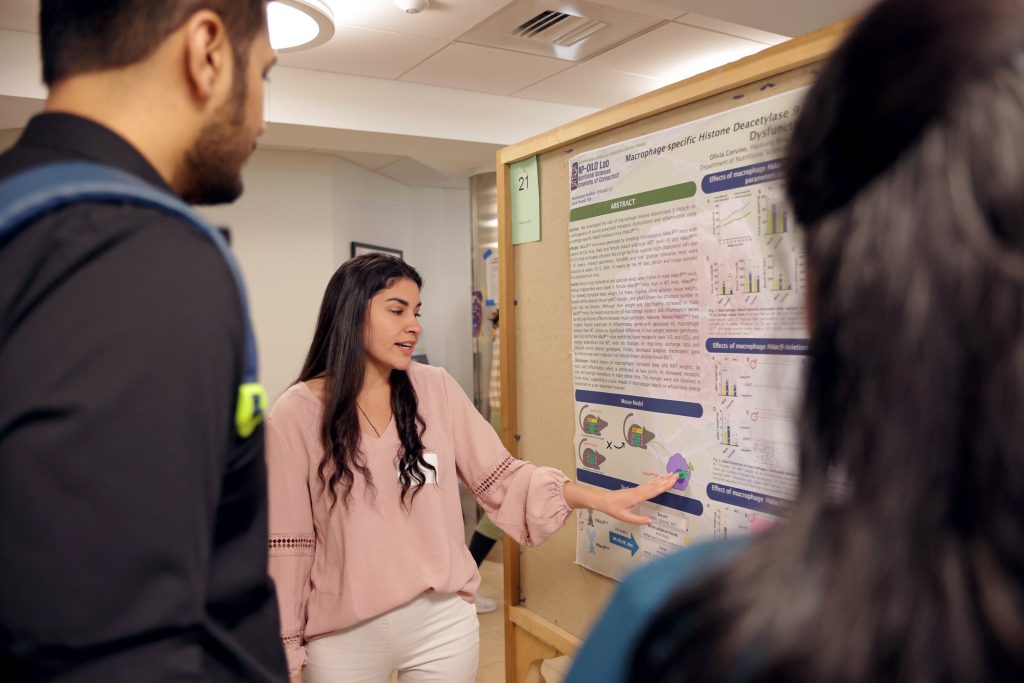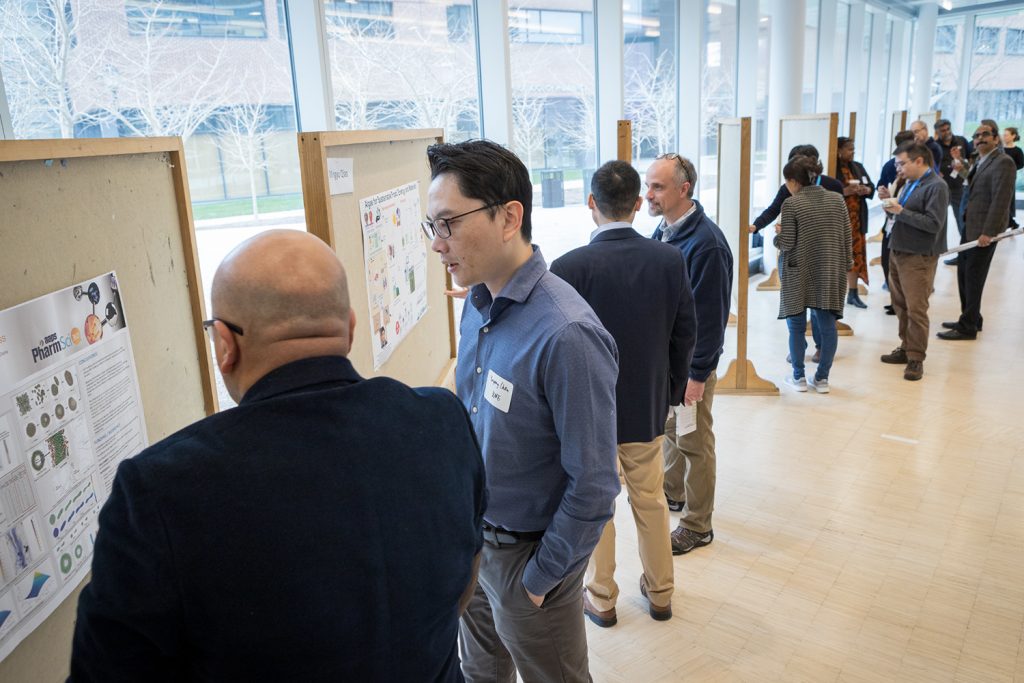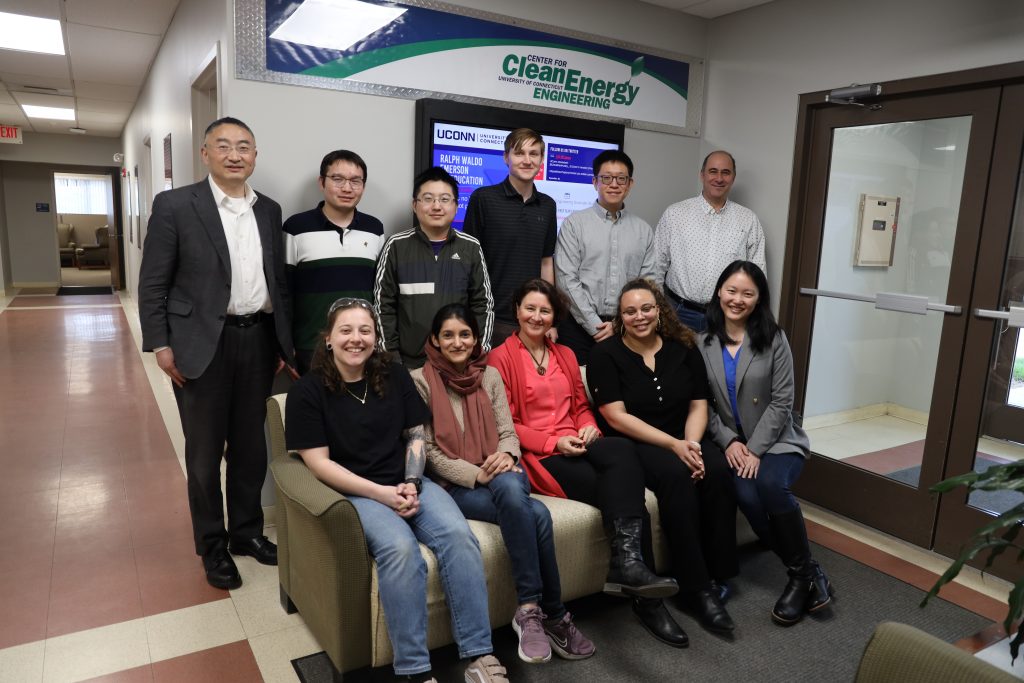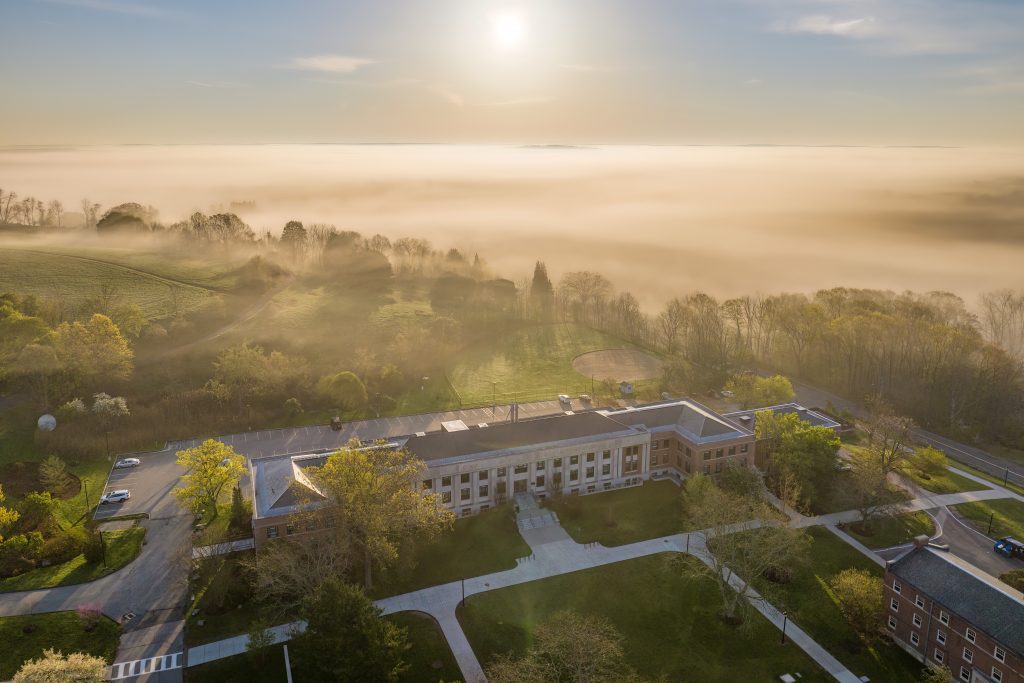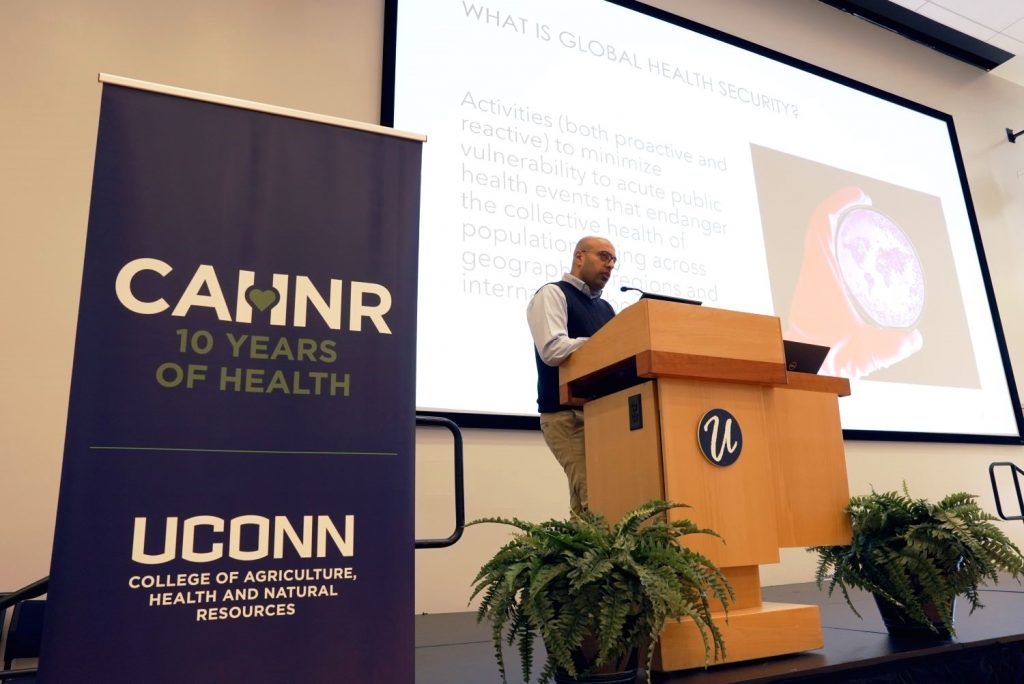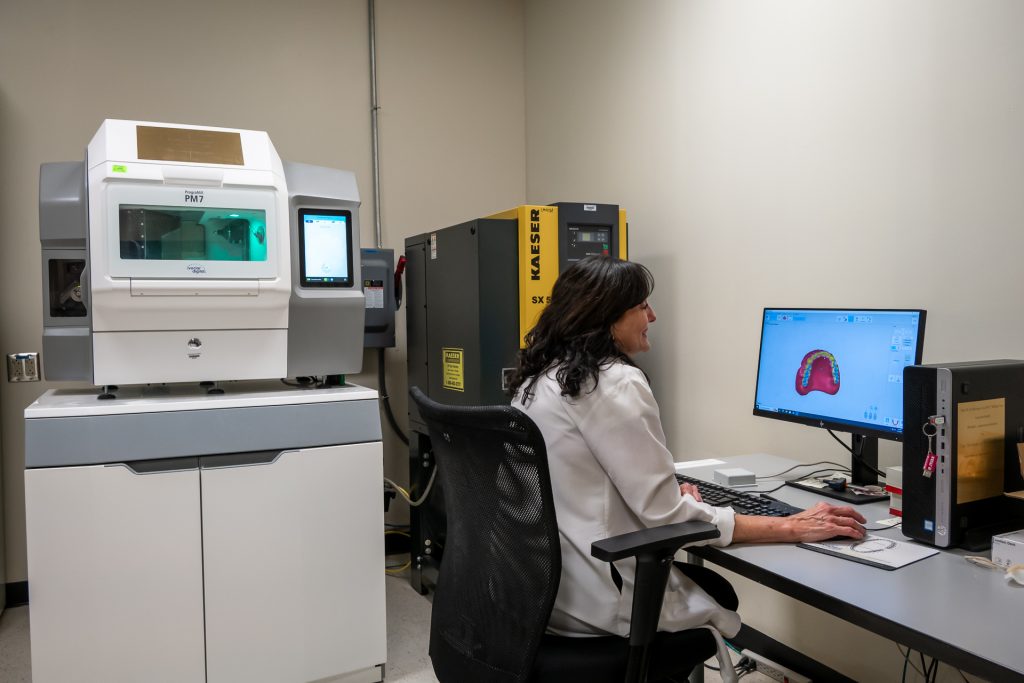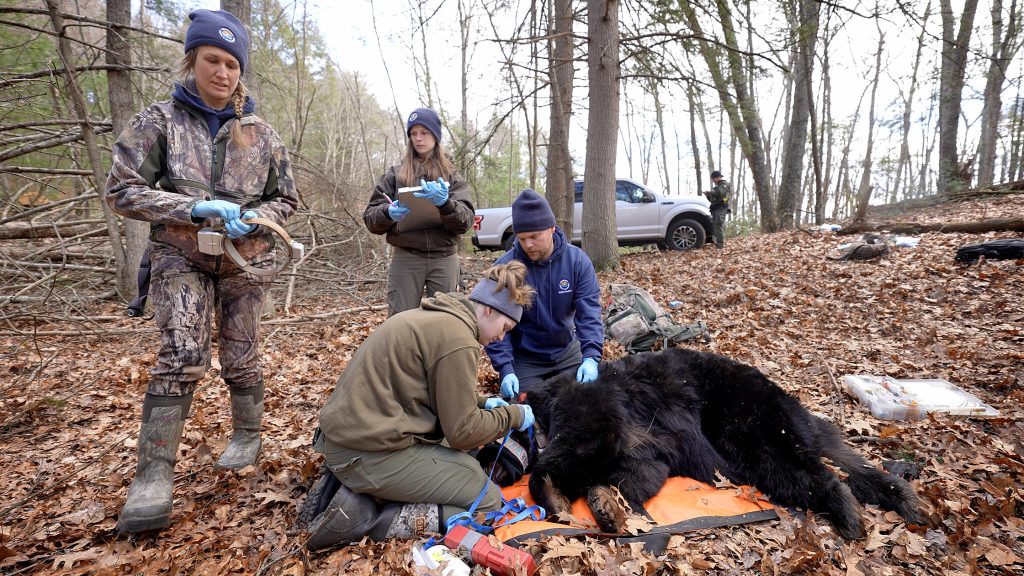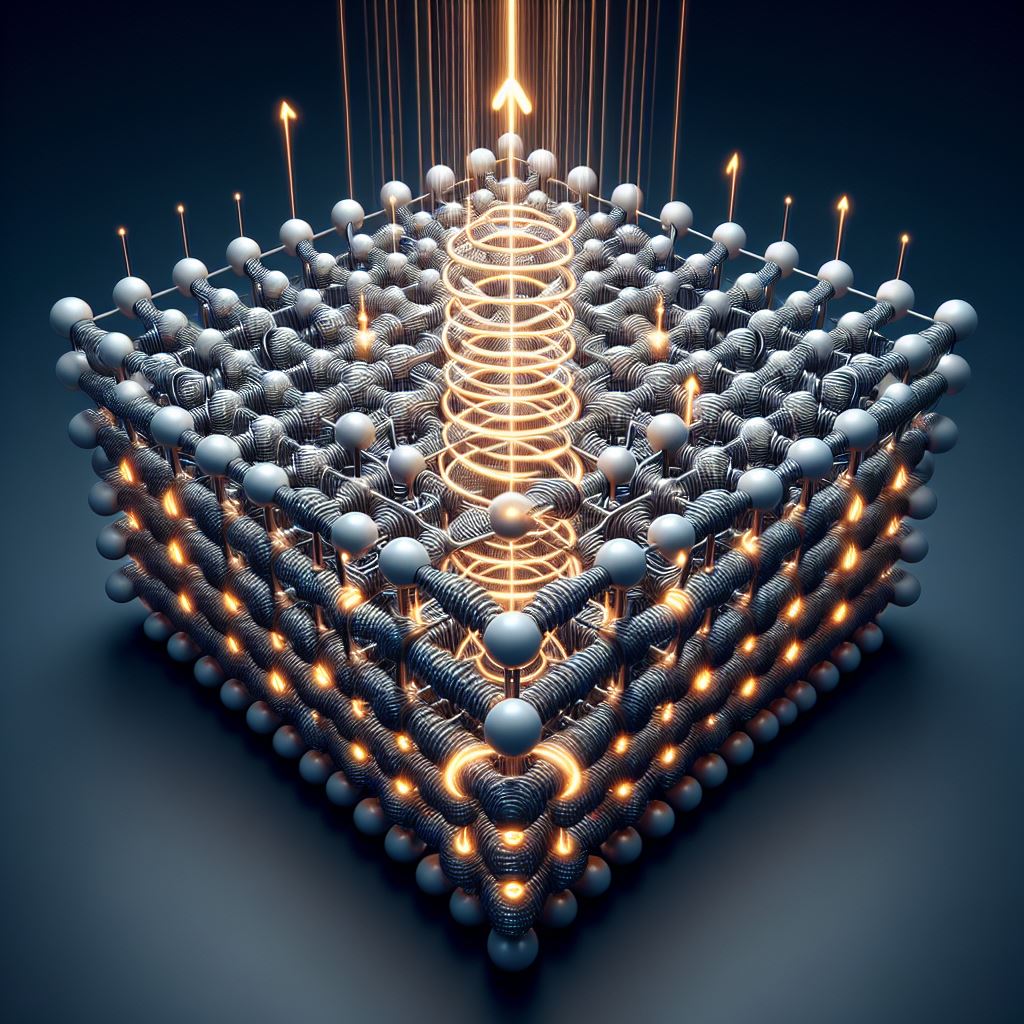Research & Discovery
CAHNR Graduate Research Forum Spotlights Innovative Work, Real-World Impact
Organized by CAHNR's Office of Research, the event provides graduate students from across the College with an opportunity to showcase their work.
May 1, 2024 | Jessica McBride, PhD
College of Engineering Launches New Collaboratory for Biomedical and Bioengineering Innovation
Biomedical and bioengineering researchers at UConn and UConn Health will work together to invent, develop, and establish new interdisciplinary collaborations outside their existing research networks
April 30, 2024 | Olivia Drake
DOE Grants Fund Collaborative Clean Energy Projects
UConn is one of dozens of beneficiaries in funding program to bolster research into hydrogen energy and related projects
April 25, 2024 | Matt Engelhardt
CAHNR’s Class of 2024
Students from across CAHNR share memories from their time at UConn and their plans for the future
April 24, 2024 | Jessica McBride, PhD
CAHNR One Health Initiatives Addressing Human, Animal, and Environmental Issues
From a unique, university-wide conference to new curricula and innovative research, CAHNR is leading efforts in One Health approaches at UConn
April 23, 2024 | Stacey Stearns, College of Agriculture, Health and Natural Resources & UConn Extension
Science in Seconds: Digital Dentures
'This new technology has completely transformed the way we practice dentistry'
April 23, 2024 | Carolyn Pennington
A Dual Mission: Growing Green, UConn Professor Earns Income Licensing Plants that Fight Climate Change
'I’m trying to create plants that can replace a lot of the plants that we seem to be losing due to climate change, drought, heat, and insects and disease'
April 22, 2024 | Joanna Smiley
Keeping Bears Wild
Graduate student Melissa Ruszczyk, a biologist with DEEP, is studying black bears’ behavior in relation to food sources left by humans
April 22, 2024 | Thomas Rettig
Meeting the High-Speed Challenge
The Air Force Research Laboratory awarded UConn an additional $10.5 million for projects related to welding and advanced materials for high-temperature applications
April 18, 2024 | Matt Engelhardt
Shining Light Makes Materials Magnetic at Room Temperature
In April, Engineering Professor Alexander Balatsky published his work applying AI to his theory of 'dynamic multiferroicity'
April 17, 2024 | Christie Wang, for the Office of the Vice President for Research
